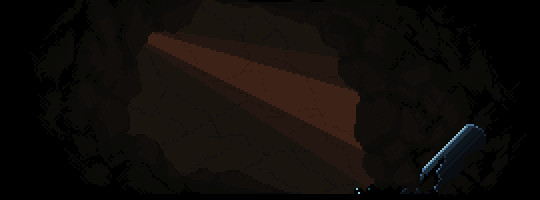= Matoran Etymology =
Two entries in one day...isn't that against the rules?!
-------------
Well now, anyways, I've been working on this little project here and there for a long time now, and I think it's starting to come to a complete enough stage that I can post it. As a whole, it's basically my take on the form and history of the "Matoran Language" (in dictionary form). The language itself is called Matoranoro, which is "The Words of Those Who Speak" and also Kuitoronui, which is "The Great Speech".
Right now I plan to post a short series of excerpts from it describing the etymology of certain Matoran words and names, and eventually to post the entire dictionary of it.
Of course, I'm not really expecting many people to be extremely interested in it, since it's mostly just the long-winded and complicated ramblings of a linguistically obsessed geek. ![]() But we shall certainly see. I guess I don't care all that much one way or the other--it's my hobby, after all.
But we shall certainly see. I guess I don't care all that much one way or the other--it's my hobby, after all.
And it's really fun to do. ![]()
So, first "excerpt": a complete etymology of the word kanohi. Much of this stuff is actually given in a silly little SS I wrote called The Time.
kanohi cmpnd. Mask of Power [Formed from the element ka “power, ability” and from the word nohi “face, mask” (see entries)]
ka n. power, energy; ability, (creative) potential [Complete etymology uncertain. The word could have theoretically developed from a hypothetical form *kae; also spelled cah or ca (using the old orthographic letter c); also realized as aka, akha, kan, kar, khar and, in very rare cases, as the prefix gah- (separate from the elemental ga-)]
nohi n. (outer) face, mask [used by mask-makers to refer to the powerless Matoran mask; nohi comes from the ancient form noehii, which, in turn, is formed from the ancient element noe, the elemental word for the substance of Protodermis and from the suffix -hii “thing, object.” Thus, nohi may, historically, be rendered as “thing of Protodermis”]
------------
And there it is.
JRRT
-
 1
1


3 Comments
Recommended Comments